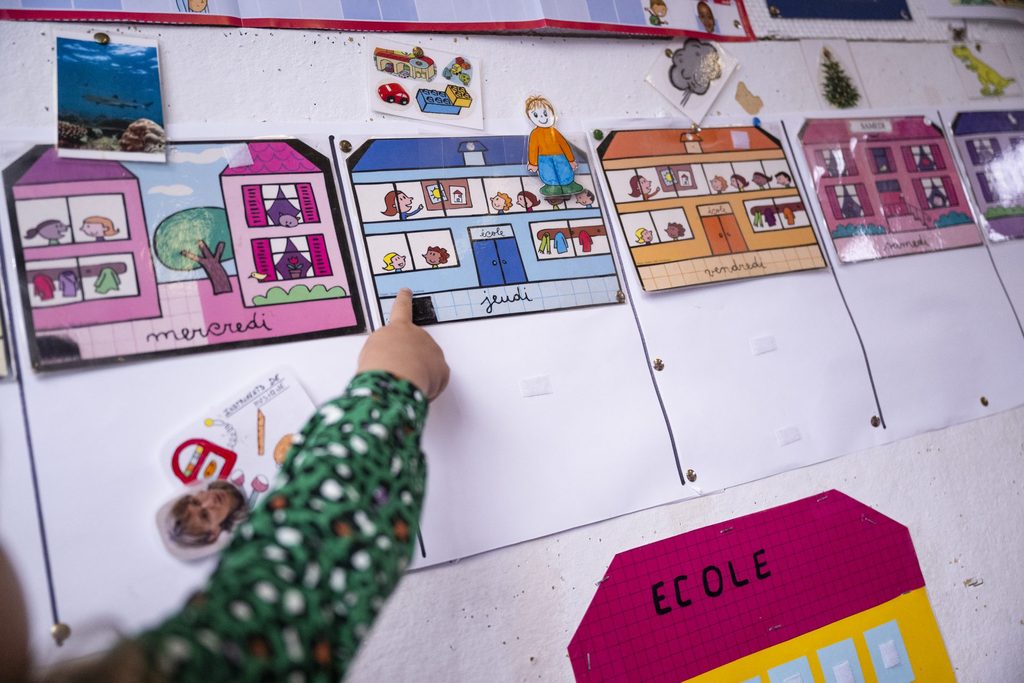The target of getting special education pupils to and from school in less than 90 minutes is in many cases still not being met, which has a negative impact on the most vulnerable children.
Flemish Mobility Minister Lydia Peeters (Open VLD) reiterated at the end of August the target that pupil transport journeys in special education should take a maximum of 90 minutes, but the target is not being met, Catholic Education Flanders, the umbrella organisation of these schools in the region, argued.
There are still pupils in special education who spend more than an hour and a half on the bus to or from school, while its own survey of 135 schools revealed that six out of ten schools in special education still have daily headaches about pupil transport.
"Every school year we have to conclude once again that transport for our most vulnerable pupils for families and schools is not running as it should," said its director general, Lieven Boeve.
These long travel times result in buses regularly arriving after the start of the school day. "Hundreds of students thus miss the start of classes daily. Weekly there are perhaps more than a thousand," he added.
One in four schools reported that the first student gets on the bus before 06:30, while nine in ten schools indicated that pupils are on the bus before 07:00 in the morning, which has a very negative impact on the children's sleeping patterns.
40°C on buses
Finally, not all buses transporting these children are "pupil-worthy". Insufficient ventilation, a lack of seat belts, a broken wheelchair lift, or the inability to secure wheelchairs are among the most common complaints. "In early September, the temperature recorded on the buses reached 40°C," Boeve stressed.
He added that, despite various policy intentions, there is still no adequate solution tailored to these vulnerable children, explaining that the problem has several causes, from resources and personnel to poor coordination between departments and services, which makes solving the issues harder.
A solution may be in sight however, as in the September statement, the Flemish government freed up €30 million for pupil transport in special education. "We hope this can now finally mean a fully-fledged structural solution," Boeve concluded.

